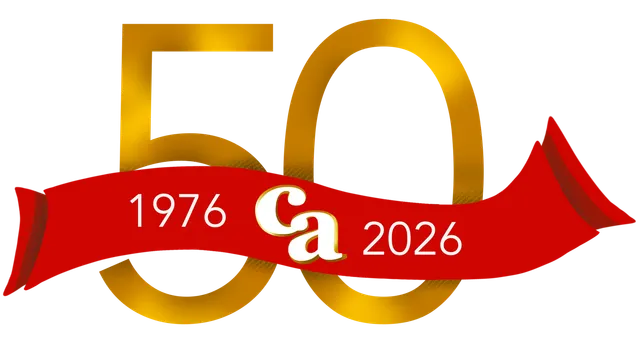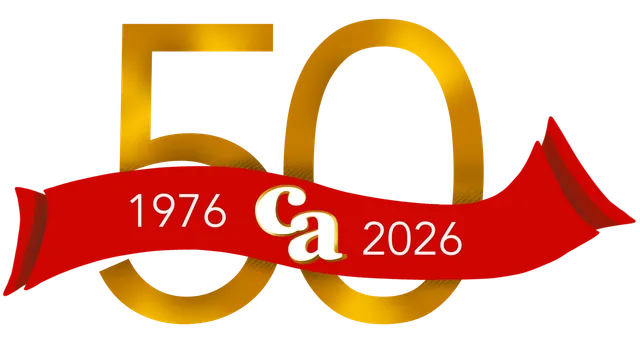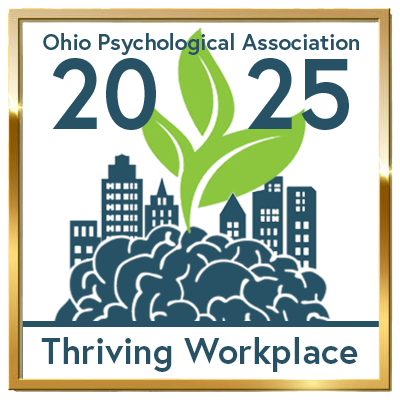CASE MANAGEMENT/QMHS
CASE MANAGEMENT PROVIDED
BY A QUALIFIED MENTAL HEALTH SPECIALIST
PROGRAM OVERVIEW
Child and Adolescent Behavioral Health’s case management services are designed to provide skill-building and linkage to community resources for clients and their families. Case managers help to restore or increase healthy functioning. Case management services may be provided in a variety of places such as a home, school, or day care meeting the client where they are and helping to reinforce skills across settings. Case management services may be provided in collaboration with therapy and psychiatric services but may also be provided as a standalone service if determined to be appropriate through the assessment process.

TRIPLE P LEVELS OFFERED
Case management services are provided by Qualified Mental Health Specialists (QMHS). A QMHS is an individual with at least three years of experience or a bachelor’s degree in a mental health related field. QMHS have training in mental health competencies as required by the state and C&A. A QMHS provides therapeutic behavioral services to clients with behavioral health needs.
Case Management Providers
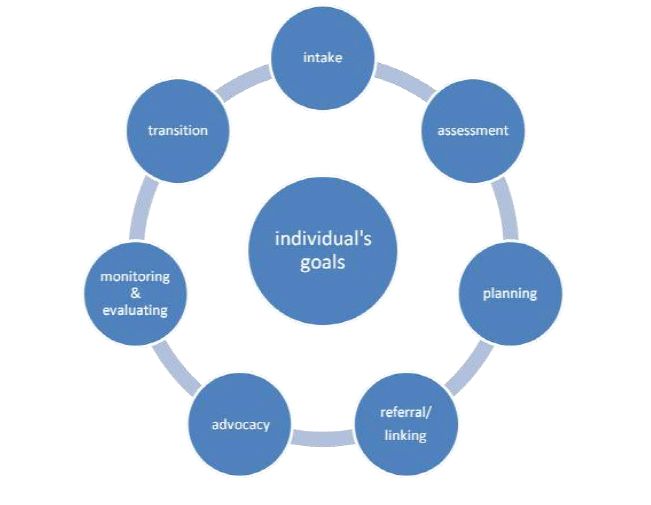
Common Services provided by case management
Teaching and rehearsal of coping skills and anger management skills to decrease tantrums, outbursts, self-harm, depression, anxiety, and suicidal ideation.
- Development of positive reinforcement systems to increase wanted behaviors at school, home, and in the community.
- Teaching and rehearsing social skills to build positive relationships with peers and adults.
- Assistance with navigating systems and advocating for client needs in the home, school, and community.
Common Services provided by case management
- Linking to additional services or resources as warranted.
- Teaching parenting strategies to improve parent/child relationship and parent ability to manage behaviors in home.
- Build and increase resiliency.
These are common case management activities but this is not a comprehensive list.
END GOAL
The goal of case management services is to increase the client’s skills, improve client level of functioning and develop or enhance natural supports, ultimately leading to a healthier and happier future.
This is achieved by teaching the client life skills and practicing them in the client’s natural environment. The length of time spent in case management services is dependent upon presenting challenges and progress made through engagement in case management.
MEET THE TEAM
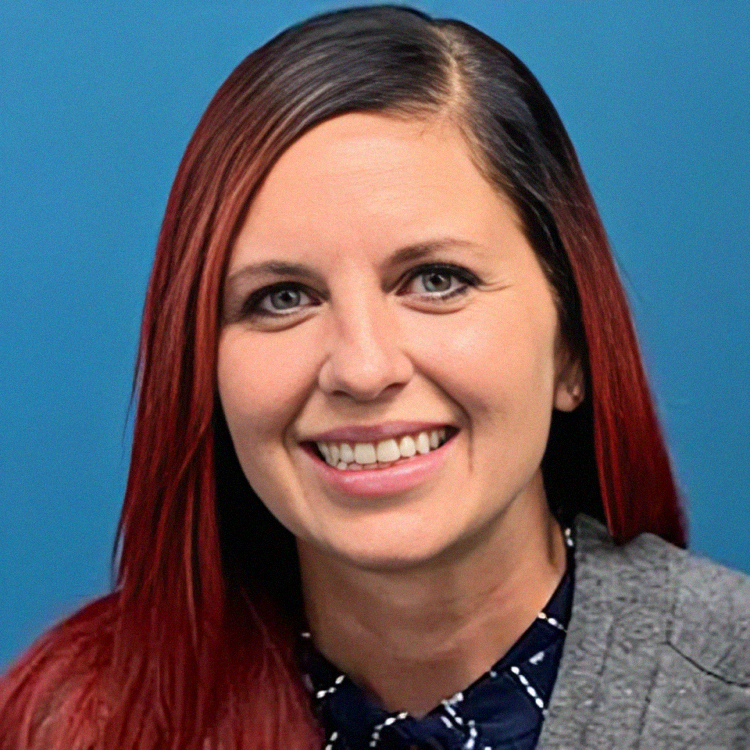
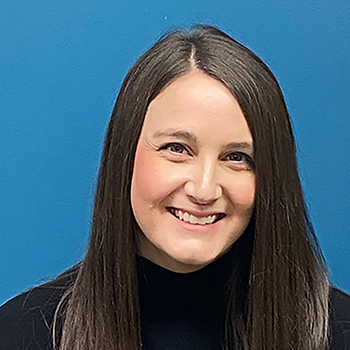
Jessica Lance
MA, LPCC-S
Program Manager
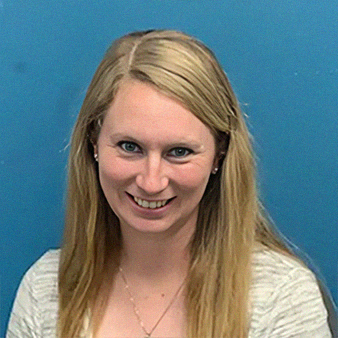
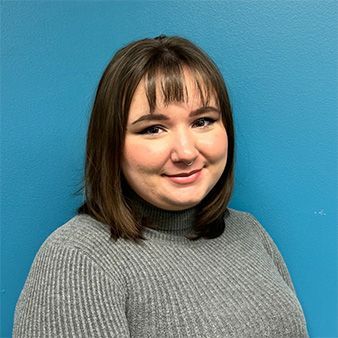
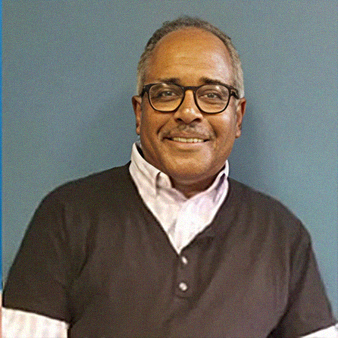
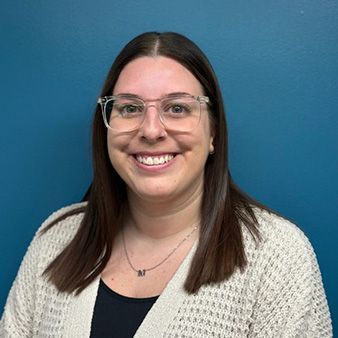
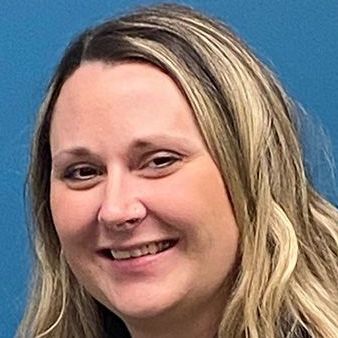
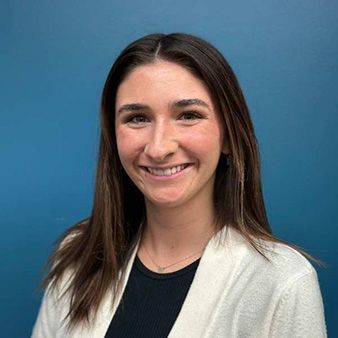
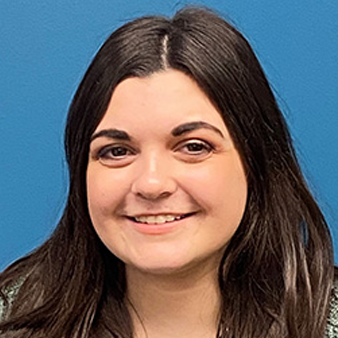
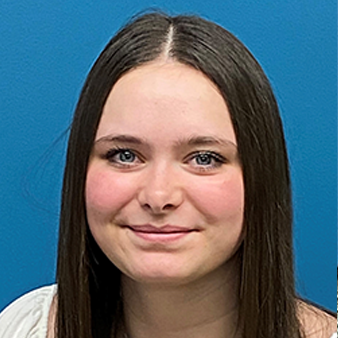
Riley Pullen
BA
Massillon, Canton City
